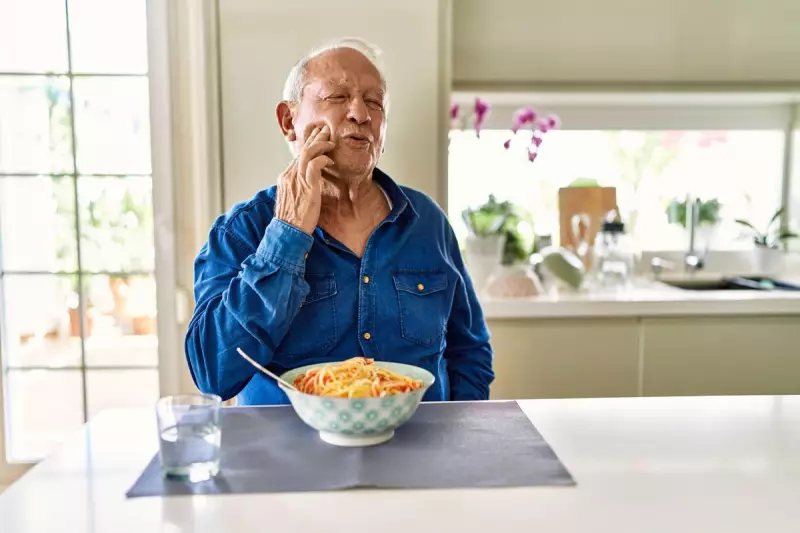
When an elderly loved one suddenly loses interest in food, it's more than just a passing phase—it's a potential health emergency that demands immediate attention. For families across the UK, understanding why this happens is the first step toward effective intervention.
Beyond Picky Eating: The Serious Medical Causes
Medical professionals warn that appetite changes in older adults rarely occur without underlying causes. Medication side effects represent one of the most common culprits, with many prescriptions altering taste perception or causing nausea. Dental problems, including ill-fitting dentures, tooth pain, or dry mouth, can make eating uncomfortable or painful.
Underlying chronic conditions such as heart disease, kidney problems, or thyroid disorders frequently suppress hunger. Perhaps most concerning is the connection between appetite loss and early dementia, as changes in the brain can affect recognition of hunger signals.
The Psychological and Social Factors
Beyond physical health, mental and emotional wellbeing plays a crucial role. Depression and anxiety, increasingly common among isolated seniors, directly impact appetite. Loneliness compounds this issue—eating alone often diminishes the enjoyment of meals that once served as social occasions.
Grief and bereavement can lead to profound appetite changes, particularly when an elderly person has lost a partner who shared meals for decades. Additionally, financial concerns may cause some seniors to skip meals to save money, especially during the current cost of living crisis.
Practical Solutions for Concerned Families
- Consult healthcare professionals promptly: Schedule appointments with GPs to review medications and identify underlying conditions
- Adapt meal approaches: Offer smaller, nutrient-dense meals throughout the day rather than three large meals
- Enhance food appeal: Use herbs and spices (within dietary restrictions) to combat diminished taste buds
- Create social eating opportunities: Share meals when possible or arrange community dining programs
- Address practical barriers: Ensure easy access to groceries and prepare meals that are easy to eat
When to Seek Immediate Help
While gradual appetite changes require monitoring, sudden weight loss, difficulty swallowing, or complete refusal to eat or drink warrant urgent medical attention. These could indicate serious conditions requiring immediate intervention.
Understanding that appetite loss is rarely just 'part of getting older' empowers families to seek appropriate help. With proper identification of causes and targeted interventions, many seniors can regain nutritional health and improved quality of life.





